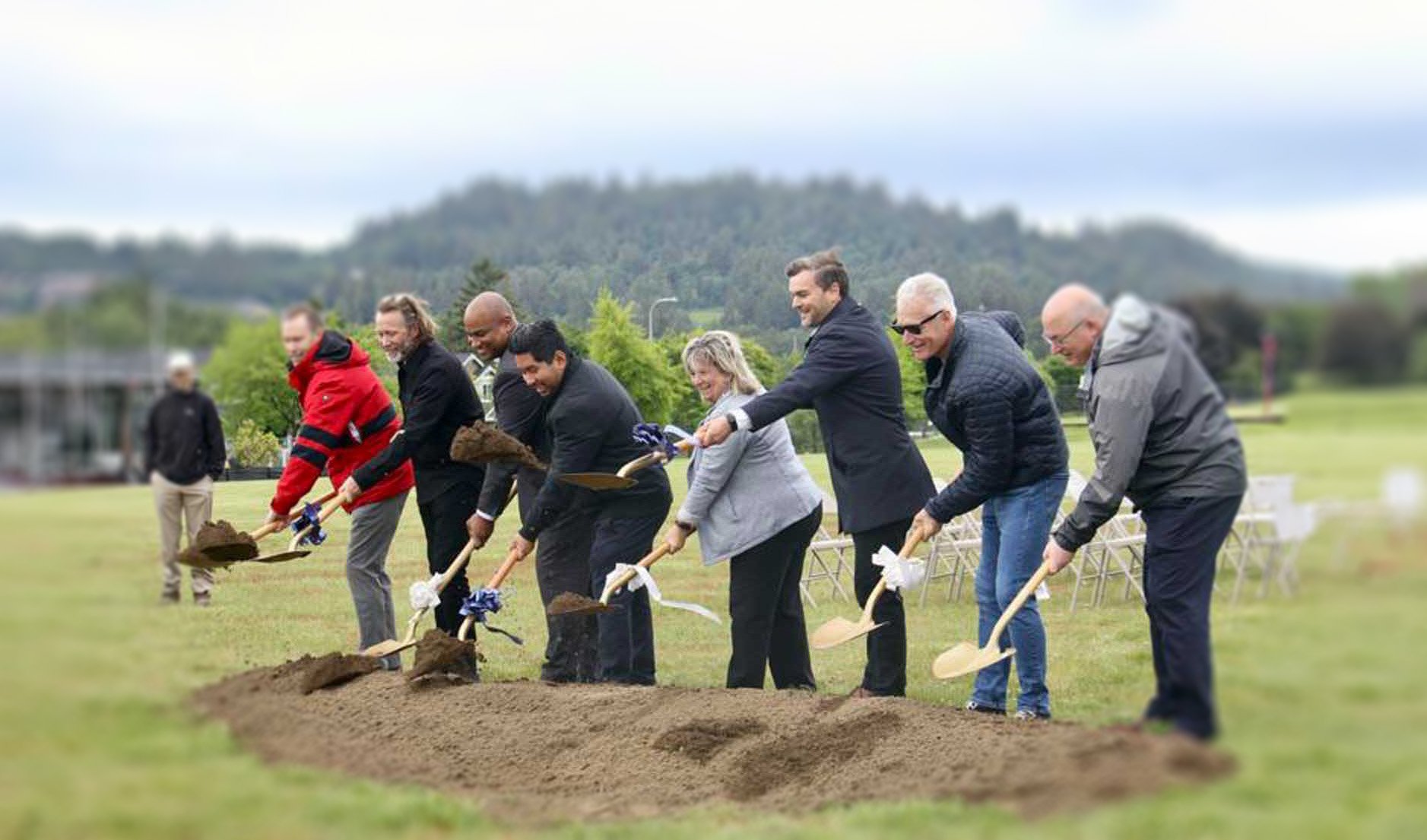
Priorities
Imagine a community where every child receives the best education,
where businesses thrive and create abundant jobs,
where communities are welcoming and safe for all,
and where our environment is preserved for future generations.
This vision is within our reach, and together, we can make it a reality.
-
Addressing the rising cost of living is a priority for ensuring that all families can thrive in our community. We must work together to create affordable housing options, support wage growth, and reduce the burden of everyday expenses like healthcare, childcare, and education. By investing in policies that promote economic stability and fairness, we can make our communities more affordable and provide everyone with the opportunity to succeed.
I will prioritize addressing the cost of living by focusing on policies that directly alleviate financial burdens on individuals and families. This includes expanding affordable housing options, advocating for living wages, and increasing access to quality healthcare and education. I will work to reduce utility costs and support programs that provide childcare assistance. By tackling these key areas, I am committed to creating a community where everyone can afford the essentials and have the opportunity to build a stable, prosperous future. -
Supporting and improving public safety in Gresham and Oregon is crucial for the future success and well-being of its residents and the state as a whole. Here's what I plan to approach public safety:
CRIME PREVENTION
Effective public safety measures deter criminal activity, reducing the incidence of crimes such as theft, vandalism, and assault. By implementing proactive strategies, law enforcement agencies and community based organizations can address potential threats and safeguard the community.EMERGENCY RESPONSE
Prompt emergency response services, including police, fire, and medical assistance, are essential for protecting lives and property during emergencies such as accidents, natural disasters, or criminal incidents. Quick and efficient response times can minimize damage and save lives.COMMUNITY ENGAGEMENT
Building strong relationships between law enforcement agencies and the community encourages collaboration and trust.ECONOMIC DEVELOPMENT
A safe environment is conducive to business growth and investment. Businesses are more likely to thrive in areas where they feel secure, attracting customers and investors.PUBLIC HEALTH
Public safety extends beyond crime prevention to include initiatives aimed at promoting health and well-being. This includes ensuring access to healthcare services, addressing substance abuse issues, and supporting mental health resources. A safe community fosters physical and mental wellness for all its members.EDUCATIONAL OPPORTUNITIES
Safe neighborhoods contribute to positive learning environments for students. When children feel secure in their surroundings, they are better able to focus on their studies and academic pursuits. By prioritizing public safety, Gresham can enhance educational outcomes and support the future success of its youth.CULTURAL VIBRACY
A safe community encourages residents to engage in cultural and recreational activities, fostering a vibrant and diverse social scene. Events, festivals, and public gatherings can thrive in an environment where individuals feel secure, enriching the cultural fabric of Gresham.
-
I will prioritize addressing housing and homelessness by implementing comprehensive strategies that provide immediate relief and long-term solutions. This includes expanding affordable housing developments, increasing funding for supportive services, and ensuring that individuals experiencing homelessness have access to the resources they need to transition into stable housing. I will work to address the root causes, such as mental health and substance addiction, while advocating for policies that prevent homelessness by protecting tenants and promoting economic stability. By focusing on these efforts, I am committed to ensuring that everyone in our community has a safe, secure place to call home.
-
I will prioritize addressing substance addiction by focusing on expanding access to comprehensive treatment programs and mental health services. I will advocate for increased funding for addiction recovery centers and ensure that individuals have access to both inpatient and outpatient care. Additionally, I will work to implement preventative education programs in schools and communities, and reduce the stigma around addiction to encourage more people to seek help. By prioritizing these initiatives, I am committed to supporting those struggling with addiction and helping them on their path to recovery, ultimately strengthening our community as a whole.
-
I will prioritize addressing healthy communities by focusing on the interconnected aspects of health, environment, and education. Here's how:
Health: I will work to increase access to quality healthcare services, promote health equity, and address the social determinants of health. This includes expanding mental health resources, substance abuse treatment, and community health programs.
Environment: I will prioritize environmental protection and sustainability initiatives, such as reducing pollution, promoting green spaces, and addressing climate change. This will help create healthy and thriving ecosystems for our communities.
Education: I will advocate for equitable and quality education, from early childhood to higher education. This includes increasing funding, supporting teacher development, and promoting programs that address the whole child, including their social-emotional and mental well-being.
I believe we can create healthy communities where individuals can thrive and reach their full potential. I will work collaboratively with community members, organizations, and stakeholders to ensure a comprehensive approach that benefits everyone.
